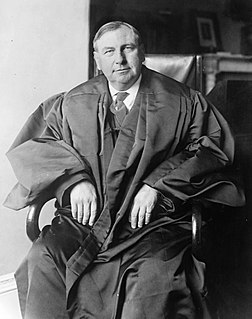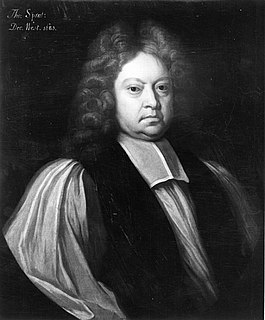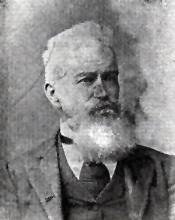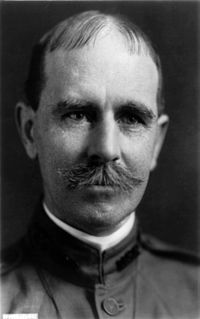A Quote by Harlan F. Stone
The law itself is on trial quite as much as the cause which is to be decided.
Related Quotes
In the 'in-itself' there is nothing of 'causal connections', of 'necessity', or of 'psychological non-freedom'; there the effect does not follow the cause, there is no rule or 'law'. It is we alone who have devised cause, sequence, for-each-other, relativity, constraint, number, law, freedom, motive, and purpose; and when we project and mix this symbol world into things as if it existed 'in itself', we act once more as we have always acted- mythologically.
They have never affirm'd any thing, concerning the cause, till the trial was past: whereas, to do it before, is a most venomous thing in the making of Sciences: for whoever has fix'd on his Cause, before he has experimented; can hardly avoid fitting his Experiment, and his Observations, to his Own Cause, which he had before imagin'd; rather than the Cause to the Truth of the Experiment itself. Referring to experiments of the Aristotelian mode, whereby a preconceived truth would be illustrated merely to convince people of the validity of the original thought.
There exists a law, not written down anywhere but inborn in our hearts; a law which comes to us not by training or custom or reading but by derivation and absorption and adoption from nature itself; a law which has come to us not from theory but from practice, not by instruction but by natural intuition. I refer to the law which lays it down that, if our lives are endangered by plots or violence or armed robbers or enemies, any and every method of protecting ourselves is morally right.
Sovereignty inheres in the right to issue money. And the American sovereignty belongs by right to the people, and their representatives in Congress have the right to issue money and to determine the value thereof. And 120 million, 120 million suckers have lamentably failed to insist on the observation of this quite decided law. ... Now the point at which embezzlement of the nation's funds on the part of her officers becomes treason can probably be decided only by jurists, and not by hand-picked judges who support illegality.
Whether a law be void for its repugnancy to the Constitution, is, at all times, a question of much delicacy, which out seldom, if ever, to be decided in the affirmative, in doubtful case. ... But it is not on slight implication and vague conjecture that the legislature is to be pronounced to have transcended its powers, and its acts to be considered as void. The opposition between the Constitution and the law should be such that the judge feels a clear and strong conviction of their incompatibility with each other.
Law and justice are from time to time inevitably in conflict ... . The jury ... adjusts the general rule of law to the justice to the particular case. Thus the odium of inflexible rules of law is avoided, and popular satisfaction is preserved ... That is what jury trial does. It supplies that flexibility of legal rules which is essential to justice and popular contentment.


































